Charge cards and credit cards are two payment cards that allow people to make purchases without using cash. You can use both cards to make purchases at merchants that accept the card network, such as Visa or Mastercard.
However, there are differences between the two types of cards, including spending limits, payment cycles, interest rates, and annual fees.
A charge card requires the cardholder to pay the total monthly balance with no preset spending limit. There may be annual and late payment fees but at no interest rates. Examples include American Express Platinum and Centurion.
However, a credit card allows for carrying a balance subject to extra charges, with a preset spending limit and monthly payments. Some credit cards offer rewards and perks, such as cashback or travel miles. Examples include Capital One Venture and Citi Double Cash.
Charge Card vs Credit Card
Charge cards and credit cards are both payment cards that you can use for making purchases and paying bills.
While they have similarities, there are key differences between charge and credit cards.
| Charge card | Credit card | |
| Preset spending limit | There is no preset spending limit. | They have a preset spending limit. |
| Monthly payment requirements | Holders are required to pay their entire balance each month. | Holders can carry a balance and make monthly payments towards it. |
| Late payment fees | May attach late payment fees to debt. | May also have late payment fees to debt. |
| Annual fees | May have annual fees. | It may have annual fees. |
| Issuers available | Typically issued by luxury card issuers such as American Express. | A more comprehensive range of issuers, including banks, credit unions, and other financial institutions, offers these cards. |
What Is a Charge Card?
A charge card is a type of payment card that requires the total balance of purchases to be paid off each month. It has no spending limit, but the card issuer may limit spending if the cardholder overspends.
Most charge cards don’t charge interest, but they may have annual fees and fees for paying late. They are often marketed to people with a lot of money who want a high-end experience and to feel special. American Express’s Platinum and Centurion cards are examples.
These cards offer rewards and benefits for purchases, including points, statement credits, and discounts on dining and travel expenses. They provide cardholders access to a range of standard and luxury items and travel deals that You can purchase with accumulated points.
How Charge Card Works
It is a branded card that you can use for electronic payments anywhere the brand is accepted. Unlike traditional credit cards, they don’t have spending limits and require the total amount each month. Since there is no revolving debt, cardholders often only have to pay interest if the card has a pay-over-time option.
Credit bureaus disclose missed payments, which can lower a borrower’s credit score. With purchases, cardholders can earn points and statement credits, frequently with double and triple points on eating and travel. Issuers offer cardholders a wide range of regular items, luxury brands, and travel bargains that you may purchase with points.
What Is a Credit Card?

A credit card is a payment card that enables the cardholder to make purchases using credit rather than cash. The card issuer provides a line of credit to the cardholder and charges interest on the money spent. Credit cards have a spending limit and monthly, annual, and late payment fees.
These cards are often issued by stores, banks, or other financial institutions and offer rewards, discounts, and cash-back programs for purchases. Cardholders can make purchases, pay a debt, bills, and access cash advances. The card issuer determines the credit limit, interest rates, and terms and conditions of a credit card.
Credit cards are available for individuals with limited or poor credit, including secured and debit cards. These options offer the benefits of a credit card without the risks of traditional credit card debt.
How Credit Card Works
Whenever you make a purchase using a credit card, the information from your card is transmitted to the store’s bank to be authorized. After checking the details, the bank decides whether to proceed with the transaction. If the marketing is successful, the merchant receives the funds, and the credit is reduced.
During each billing cycle, the card issuer sends statements listing transactions, the minimum payments due, and the due date. Payments are fully expected by the due date to avoid accruing charges. Interest at the applicable annual percentage rates may be applied to any outstanding balances (APR).
Charge Card vs Credit Card: Main Differences
Although these cards may appear to be the same at first glance. Still, they are quite distinct in several significant ways that make them more suited to particular categories of customers. Both cards differ in spending restrictions, monthly payment obligations, annual fees, and interest rates, amongst others.
Understanding these differences can help you choose the right card type to suit your financial needs and spending habits. Here, we’ll compare credit and charge cards to help you decide which is best for you.
Spending Limit
A credit card typically has a preset spending limit, which is the maximum amount you can spend with your card each month. On the other hand, charge cards usually do not have a preset spending limit. Instead, cardholders are expected to pay off their entire balance at the end of each billing cycle.
However, the card issuer may track the cardholder’s spending and limit spending if it reaches a threshold. This spending limit can change based on the cardholder’s credit score and payment behavior.
No spending limit is an advantage for consumers with significant expenses who need more flexibility. Still, it also means cardholders need to be more responsible in managing their finances.
Payment Cycles
With a charge card, the cardholder does not incur debts on the balance. In contrast, a credit card allows the cardholder to pay a minimum amount and carry a balance. However, interest charges will accrue with a credit card if the balance is not paid in full by the due date.
It’s important to note that many charge cards do not offer a grace period, unlike credit. This means the balance must be paid entirely by the due date to avoid additional charges without a grace period. In contrast, many credit cards offer a grace period during which cardholders can pay their balance in full without incurring extra charges.
Credit Inquiries
A credit inquiry is a request to check an individual’s credit score when applying for either cards.. For charge cards, the issuer is looking to assess the applicant’s creditworthiness to determine if they are eligible. However, a credit card issuer’s credit inquiry determines the applicant’s credit limit, which is part of the agreement.
Regarding the impact on a person’s credit score, both types of credit inquiries can have a small, temporary effect. However, the impact is minimal, and the score returns to its previous level within a few months. The main difference in credit inquiry is the issuer’s goal.
Interest Rate
One of the key differences between both cards is the interest rate. Credit cards generally have interest rates applied to the balance carried over from month to month. If the cardholder only makes the minimum payment, they may pay more over time.
Unlike credit cards, charge cards typically do not charge interest on the amount owed. With a charge card, the cardholder must make full payment on their balance each month.
It’s important to remember the cardholder’s credit score can affect the potential rates. Therefore, it is imperative to review the terms and conditions before applying for a card. Some credit cards have a grace period where new purchases don’t accrue an additional amount if paid entirely by the due date.
Annual Fees
Annual fees vary greatly between issuers and card types. Most cards with rewards programs have annual fees that could cost several hundred dollars. The annual fee is worth the cost if you use the card frequently, as the rewards offered can often offset the fee.
Charge cards have higher annual fees than credit cards but can offer premium benefits like travel rewards and concierge services. To decide if an annual fee is worth it for your card, consider your spending habits and finances.
Before applying for a card, read the terms and conditions to learn about the annual fee and other fees.
Rewards And Perks
Rewards and perks are key differences between the two card types. Charge cards often offer exclusive rewards and benefits that are not available with credit. These can include premium benefits such as luxury hotel upgrades, private airport lounge access, or concierge services.
Charge cardholders usually earn points for every purchase and are eligible for exclusive bonuses and discounts. On the other hand, credit cards offer various rewards and benefits that vary by the card issuer and type. These include cash back, travel miles, points, or other rewards for every purchase.
Cardholders can often redeem rewards for merchandise, travel, or statement credits.
Both charge and credit cards offer a range of rewards and perks, but charge cards usually offer more exclusive and premium benefits.
Should I Get a Credit Card or a Charge Card?

When deciding what type of card to acquire, you must consider your spending habits, budget, and financial goals. Charge cards are best for individuals who pay off their balance in full each month and want to earn rewards for their spending. It typically offers higher rewards than credit cards but also comes with annual fees.
However, credit cards are best for those who carry a balance and can’t pay their debt in full each month. They usually have lower rewards than charge cards but offer a flexible line of credit and the option to carry a balance with interest.
Individuals with good credit and the financial means to pay off their balance in full each month can benefit from a charge card. However, people with poor credit or who struggle to pay their debt may benefit more from a credit card. Ultimately, both cards offer benefits, so weighing your options and choosing the right card is essential.
Conclusion
Credit and charge cards allow consumers to make purchases upfront without paying cash. However, the two types of cards have different spending limits, monthly payment requirements, late payment fees, annual fees, and rewards and perk programs. Understanding these differences can help you determine which type of card is best for your individual financial needs and goals.
Evaluating your financial situation, credit history, and spending habits are essential before deciding what card type to acquire. Considering these factors and the pros and cons of each card can help you maximize your money and reach your financial goals. For those times when you need quick access to funds, an instant loan cash app might be a helpful solution.


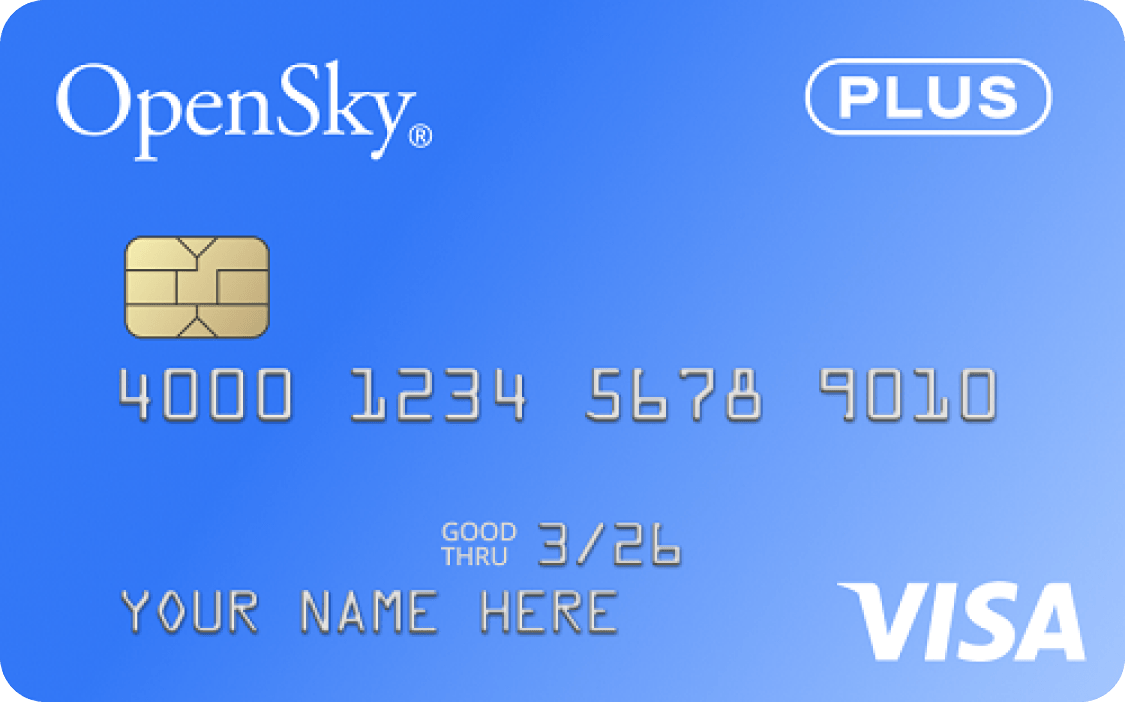
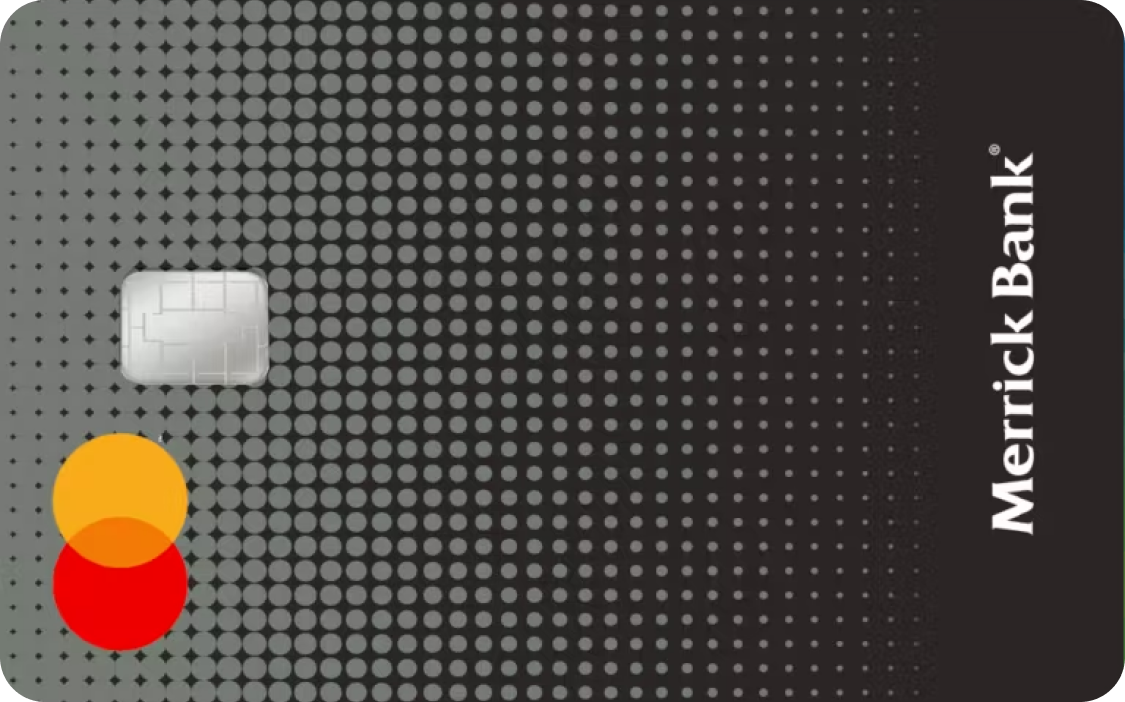

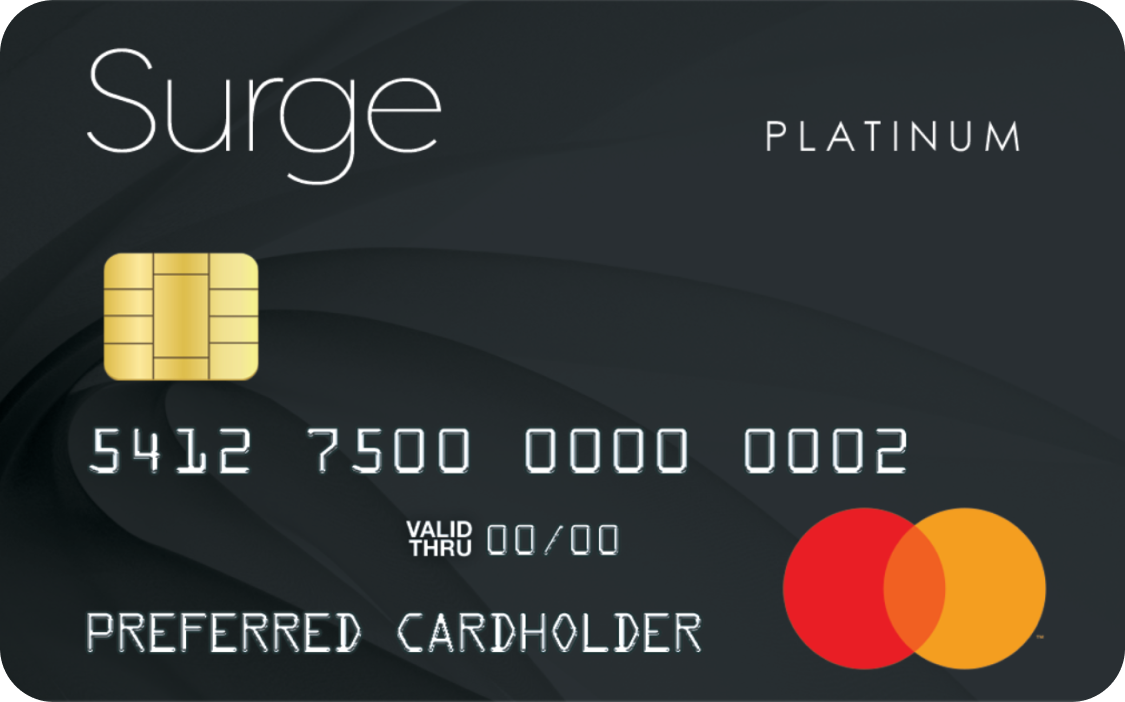
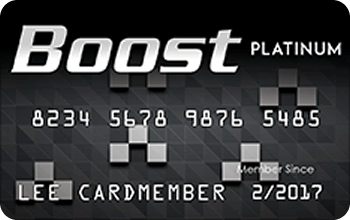
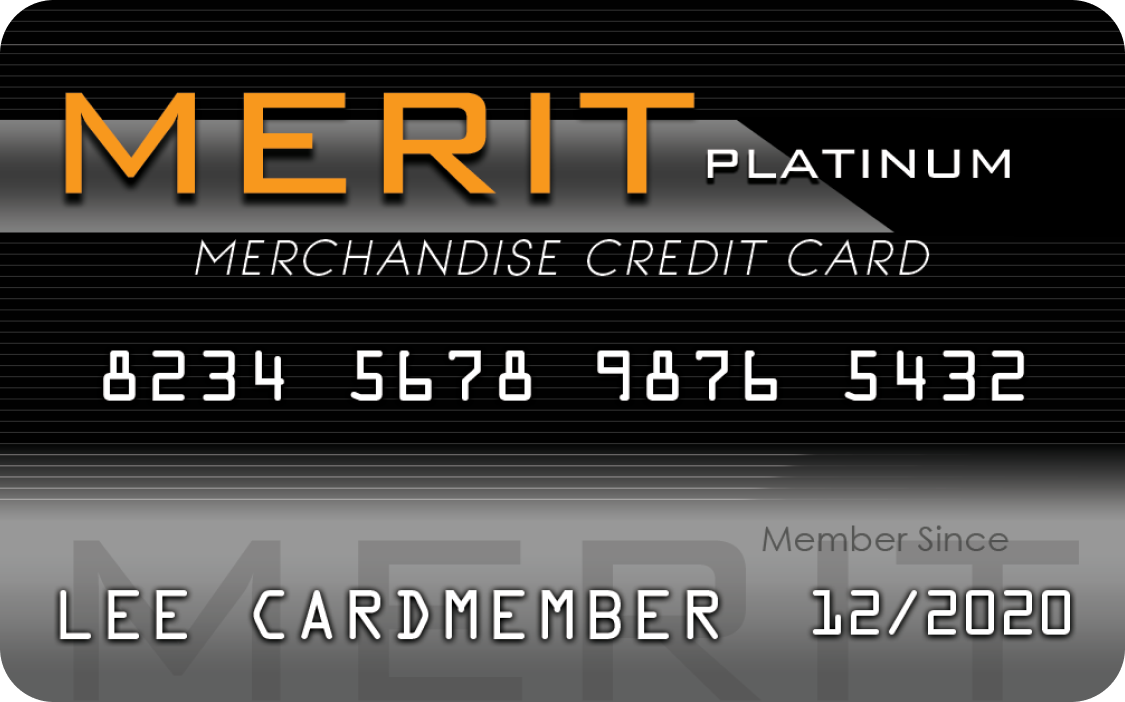
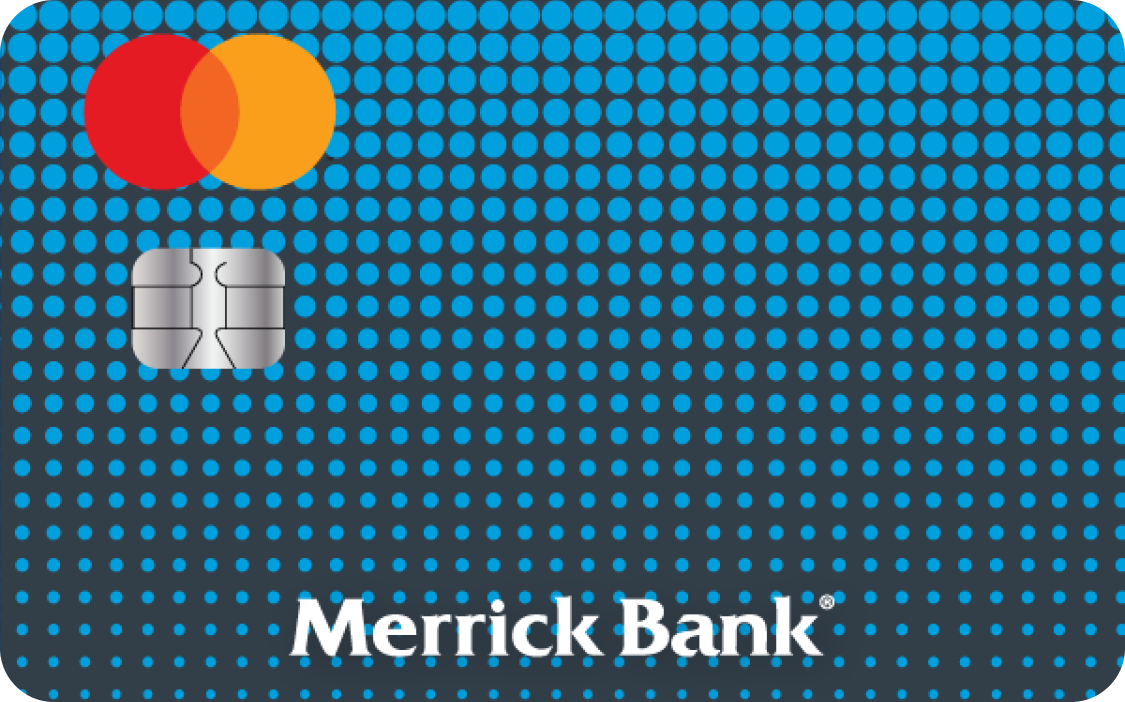
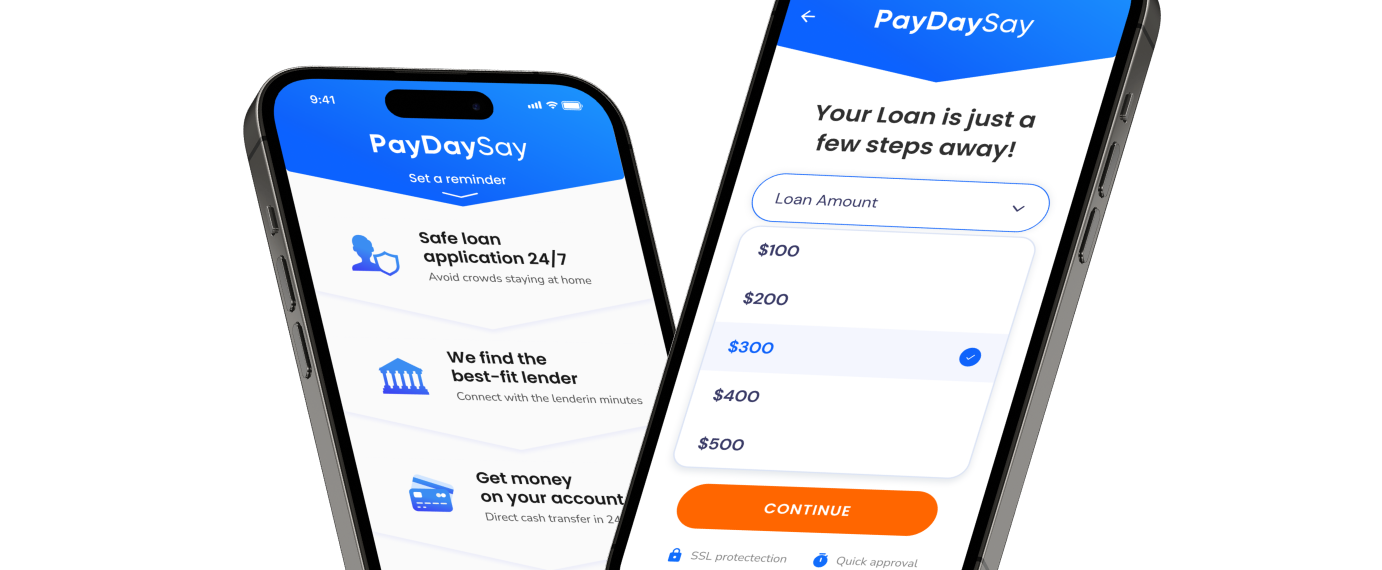










 on your homescreen
on your homescreen